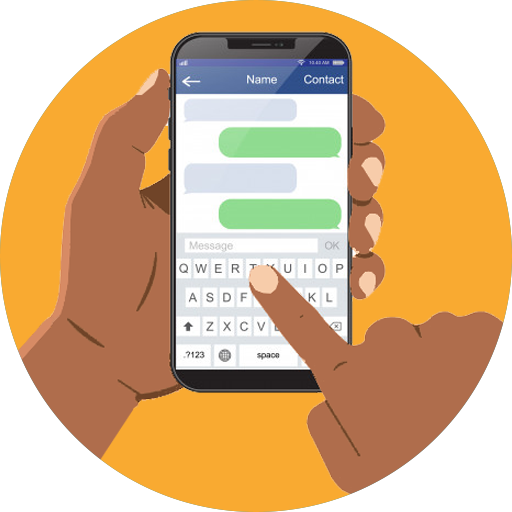By October 2017, 886,000 people were estimated to be at an emergency level of food security (IPA Phase 4), with rates malnutrition especially high in Mudug, Galgaduud, and eastern Somaliland. Meanwhile, a deadly cholera outbreak in parts of South-Central and later Somaliland led to over 77,000 cases and 1000 deaths.

Africa’s Voices Foundation worked with UNICEF Somalia to disseminate targeted messaging to promote the adoption of life-saving behaviours related to water, sanitation, hygiene, and infant nutrition — aiming to reduce the spread of cholera and rates of child malnutrition.
Through interactive radio and an SMS campaign, we developed a data-driven approach to Communications for Development (C4D), whereby individuals were sent near-time messages based on their self-reported barriers to behavioural change. This relied upon innovative data analysis in order to quickly process text messages and then respond to participants in a tailored way within 36 hours.

In addition, Africa’s Voices supported UNICEF’s cash transfer programme for returnees from Dadaab refugee camp and Dhobley to various parts of Somalia. The programme aimed to support vulnerable populations to rebuild their lives and meet their non-food basic needs (in parallel, food aid was being provided by the World Food Programme).
Through SMS and IVR, we established a two-way channel of communication with affected populations. Voice messages (IVR) were sent to beneficiaries to inform them of their entitlements and how to redeem their cash. Beneficiaries were then able to report any issues in accessing their cash by sending an SMS — creating a dynamic feedback loop. To assess outcomes for beneficiaries as a result of the cash transfer programme, we implemented cash distribution monitoring surveys via SMS.
Overall the eight-week radio programme reached 24, 258 people across 71 districts in Somalia. Out of this total 43.4% of participants were female and 19.0% were Internally Displaced Persons (the proportion of IDPs in total population is 17.1%).
As a result of the monitoring and feedback channel, UNICEF Somalia was quickly alerted about barriers to cash collection and reimbursement, such that they could rectify any incidents swiftly.